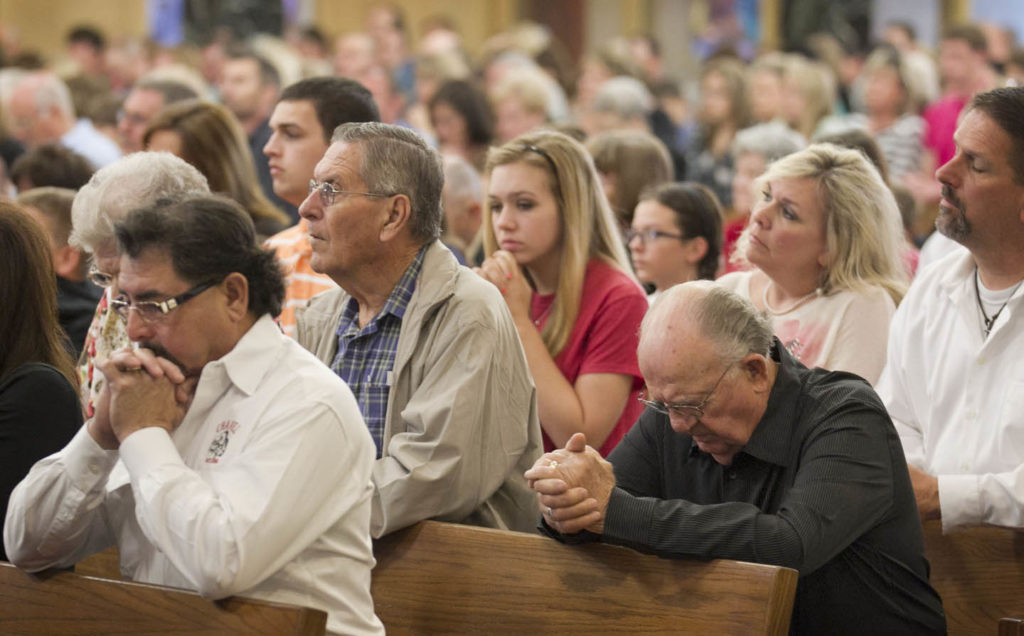Peter Adam
What might be the characteristics and features of these churches?
- They want a celebrity.
- They value gifts, and forget to look for character.
- They lack the right God-given confidence to make their own decisions, and then gladly give someone else inappropriate authority over them.
- They believe that people doing gospel ministry are a race apart, and cannot by questioned or disobeyed.
- They distrust ‘institutions’ which makes them trust a ‘charismatic leader’ in a church without structures for protection.
- They are desperate to have a successful church, which leads to the view that ‘anything that succeeds must be of God’.
- They worship present and obvious success.
- They have a weak doctrine of sin, which means that they are not rigorous in setting up structures of responsibility and accountability, and not rigorous in assessing the sanctification of people they appoint to ministry and leadership.
- They appoint Christians who have not reached an appropriate level of maturity in Christ to take on ministry, and take on leadership.
- They feel more secure with ‘a strong leader’ [who is also a bully].
Church structures which allow bullying
We tend not to take structures and institutional matters seriously today, hoping that if everybody is godly, then flexibility and spontaneity will be enough. Freedom from structures is OK when everyone is wise and godly, and there is no conflict, and no sin. Sadly, we have not yet reached a sinless state, either as individuals or as churches!
What kind of bullying occurs in churches?
- The congregation can bully the pastor/teacher, and the other leaders/elders.
- The leaders/elders can bully the pastor/teacher and the congregation.
- The pastor/teacher can bully the leaders/elders and the congregation.
In thinking about church structures, we have to balance the responsibilities of the pastor/preacher, the other leaders/elders, and the congregation. What structures allow bullying to take place?
In some denominations and networks, there are people who are outside the congregation who can help to resolve conflict, such as the Presbytery or Classis in Presbyterian and Reformed Churches; the Bishop in Anglican Churches; and the senior officers in the Salvation Army. Congregationalist churches, and many church planting networks do not have people from outside the congregation with power to act to resolve disputes [Boards of Reference have no power to act].
Within the individual church, if the pastor/teacher is a bully, then either the leaders or the congregation need to have the power to act, and the willingness to do so.
There should be a balance of responsibility and authority between the pastor/teacher; the leaders/elders; and the congregation. There needs to be a balance of responsibility for appointing or dismissing leaders/elders between the pastor/teacher and the congregation. There needs to be clear rules in place to provide for disciplining the past/teacher; the leaders/elders; and members of the congregation.
If you are offered a ministry position in a church which has no structures, if it is not clear what your ministry is, how you will be assessed, to whom you are responsible, what you are responsible for, the details of your employment, condition and pay, don’t take it!
Churches without good structures and clear responsibilities and accountabilities are walking time-bombs!

